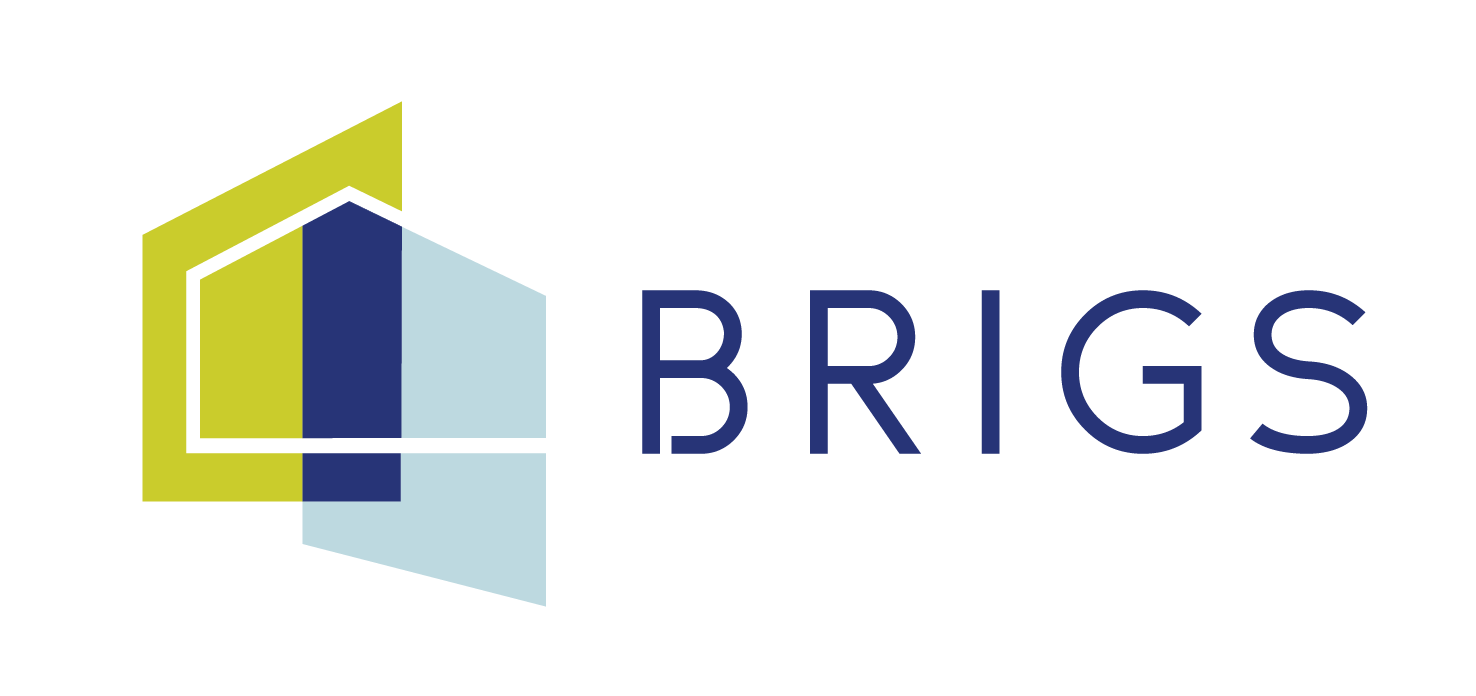AI & Property Management
By Michael Valente, Sr. VP of Condominiums
In recent years, Artificial Intelligence has emerged as a transformative force across various industries, and property management is no exception. For condominiums, where the complexity of managing multiple units and common areas is high, AI offers significant opportunities to enhance efficiency, improve owner satisfaction, and streamline operations. AI is reshaping property management for condominiums, turning challenges into opportunities for innovation and growth.
One of the most immediate impacts of AI in condominium management is the automation of routine tasks. AI-powered software systems enhance operational efficiency by swiftly providing staff with the necessary information to respond to owner questions. This can lead to more accurate and reliable management processes while decreasing delayed response time. Additionally, these systems significantly shorten the training time required for new team members to familiarize themselves with their assigned portfolios upon hiring.
AI technologies are particularly adept at analyzing large datasets to predict future trends and behaviors. In the context of condominium management, this capability can translate into predictive maintenance where AI tools analyze data from various building systems. This can result in predictions of maintenance needs before a breakdown occurs. In turn, associations could avoid failures occurring during overtime hours. A proactive approach like this not only saves costs by preventing major repairs but also minimizes the inconvenience to ownership.
AI's ability to analyze sentiment and feedback can play a crucial role in managing owner relationships. By analyzing owner communications and feedback, AI tools can help property managers and their firms understand owner satisfaction levels, and tailor communications to improve owner engagement. This targeted approach can significantly enhance client retention and satisfaction.
While the benefits of AI in condominium property management are clear, there are also challenges to consider. The initial cost of implementation and the need for ongoing training and support will increase a companys cost. There are also concerns about privacy and data security, which should be considered before full implementation.
AI is not just a futuristic concept but a practical tool that is already reshaping condominium property management. By automating routine tasks, enabling predictive maintenance, enhancing training and improving owner relations, AI can help property managers deliver a higher level of service. As the technology continues to evolve, its potential to transform the property management landscape becomes even more significant.
For property managers and condominium associations looking to stay competitive and efficient, embracing AI technologies is becoming increasingly essential. The journey towards AI adoption involves careful planning, investment, and a focus on quality and security. The potential rewards make it a worthwhile endeavor for the future of property management.
How has the integration of AI in your property management processes transformed your operations, and what further potential do you see for technological advancements in this field?
